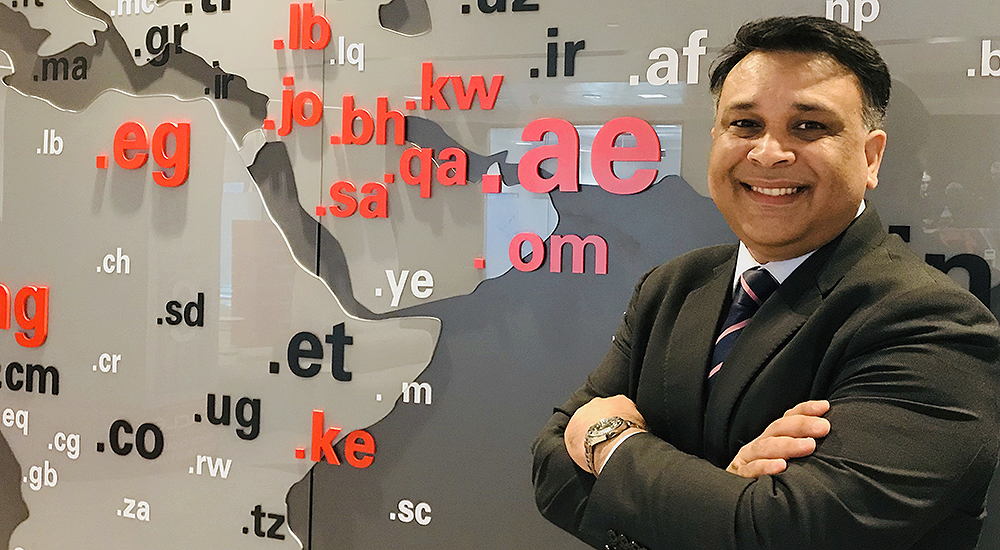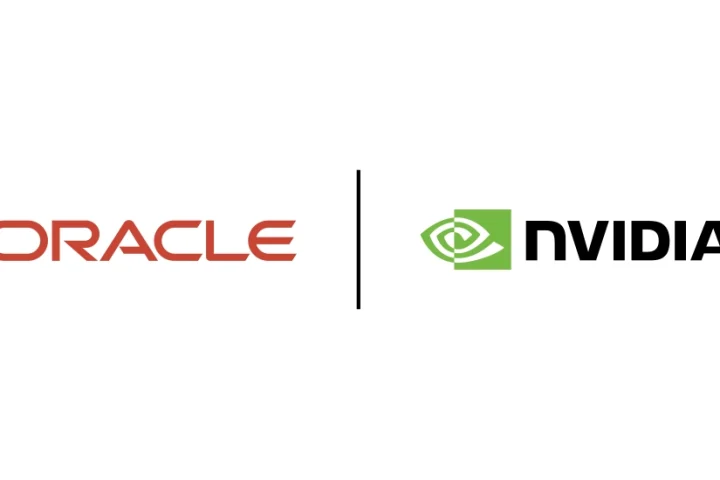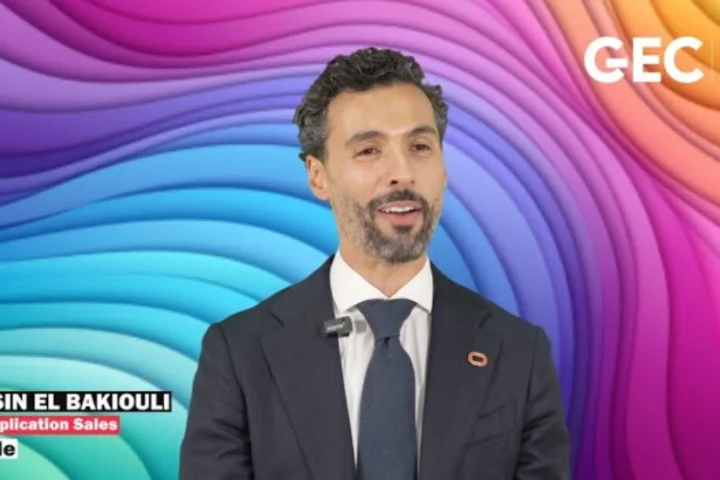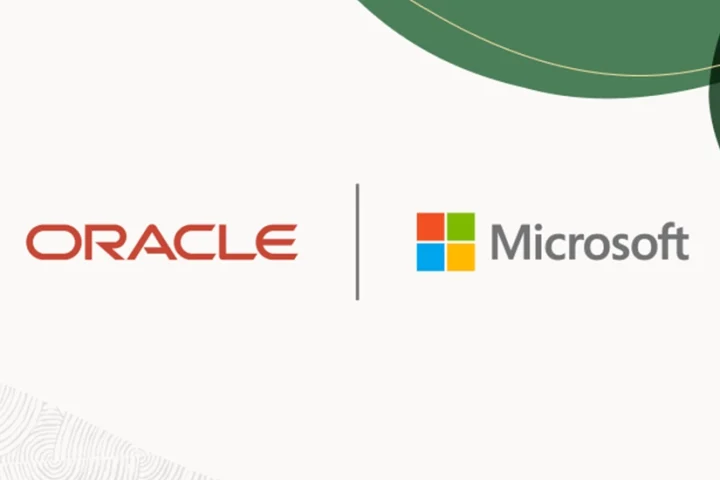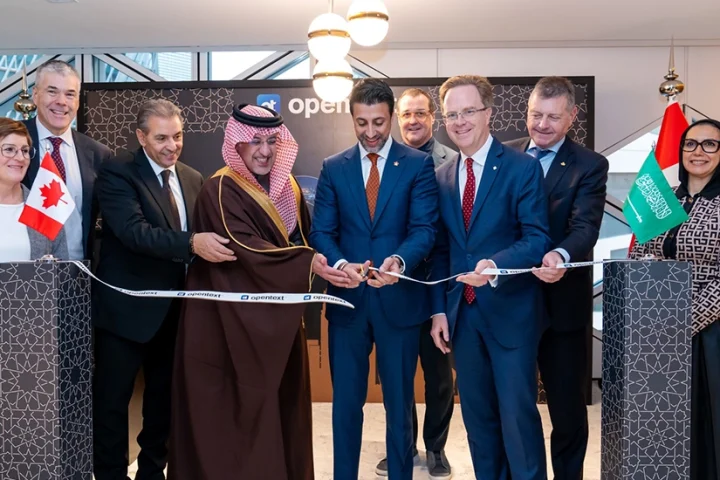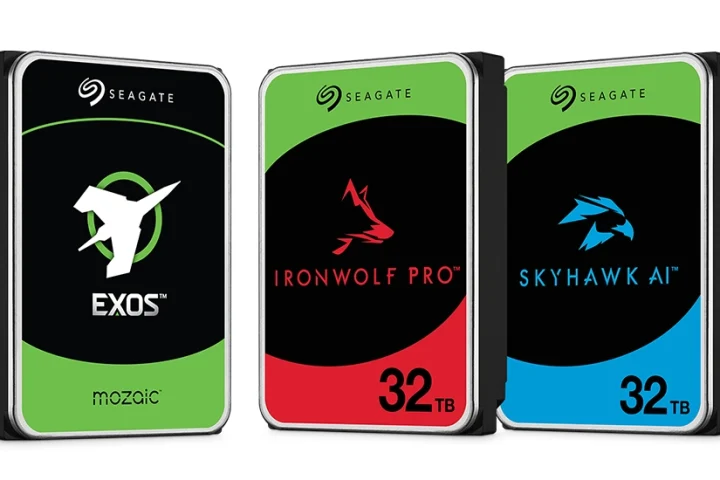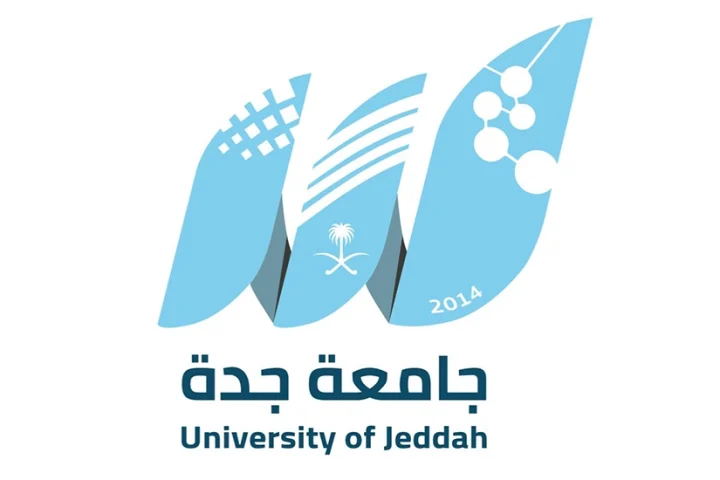Why do you work in human resources? Most probably because you are interested in people and their welfare. You are a people person. Artificial intelligence will probably become your new best friend in the next couple of years, but artificial intelligence will never be human. Its limitations need to be understood and taken into account.
Human resources need to get itself into a prime position to keep track of what is top of an employees’ wish list for technology. Plus, it is vital that human resource professionals use the latest technology like everybody else, so they can provide insights that will help business leaders understand the interdependencies of business and people.
One company doing this is insurance firm AXA. As a large global company with many decentralised businesses, AXA’s human resource teams are tasked with managing 157,000 people across 56 countries.
With access to smart technology, human resources staff or line managers can simply ask a chatbot to source specific data points to gain insight into employees’ performance history. A pregnant worker who wants more details about the company maternity leave policy could just grab their mobile and chat to a bot – the artificial intelligence might even suggest additional actions or activities based on the experiences of others.
However, it is important to treat artificial intelligence as an addition rather than a replacement for human resources staff. While artificial intelligence can be great as part of the recruitment process, attracting talent from a broader range of backgrounds than traditional recruiting processes for example, interviews are still vital to getting a feel for the right candidate.
More critically, it is imperative to keep bias out of human resources systems. There have been several cases where organisations have relied on artificial intelligence, and been called out as racist. According to a study by Massachusetts Institute of Technology, 35% of images for darker-skinned women faced errors on facial recognition software, compared to only 1% for lighter-skinned males.
Google, meanwhile, has decided to omit gender-based pronouns from its Smart Compose Gmail technology, as it cannot find a way to guarantee the software correctly predicts someone’s sex or gender identity, and avoid causing offence.
Take the case of the pregnant worker asking the chatbot questions about their upcoming leave – the artificial intelligence system might be programmed to automatically refer to the father of the baby, in an era where same-sex couples and single parents could just as well be the case.
The key for human resources staff is to be able to trust the data in front of you, so you can ensure the advice and information being passed to staff and used to form business decisions is accurate. Artificial intelligence can only see the data, not the people behind it; human interpretation is necessary to avoid built-in bias and offence.

Key takeaways
- Artificial intelligence will probably become a best friend but will never be human.
- Artificial intelligence can only see the data, not the people behind it.
- Human resource staff or line managers can ask a chatbot to gain insight into employee performance history.
- It is important to treat artificial intelligence as an addition rather than a replacement for human resources staff.
- AXA’s human resource teams are tasked with managing 157,000 people across 56 countries.
Only humans can understand humans, while tools like artificial intelligence and bots can speed up gathering insights, explains Rahul Misra, Oracle.


